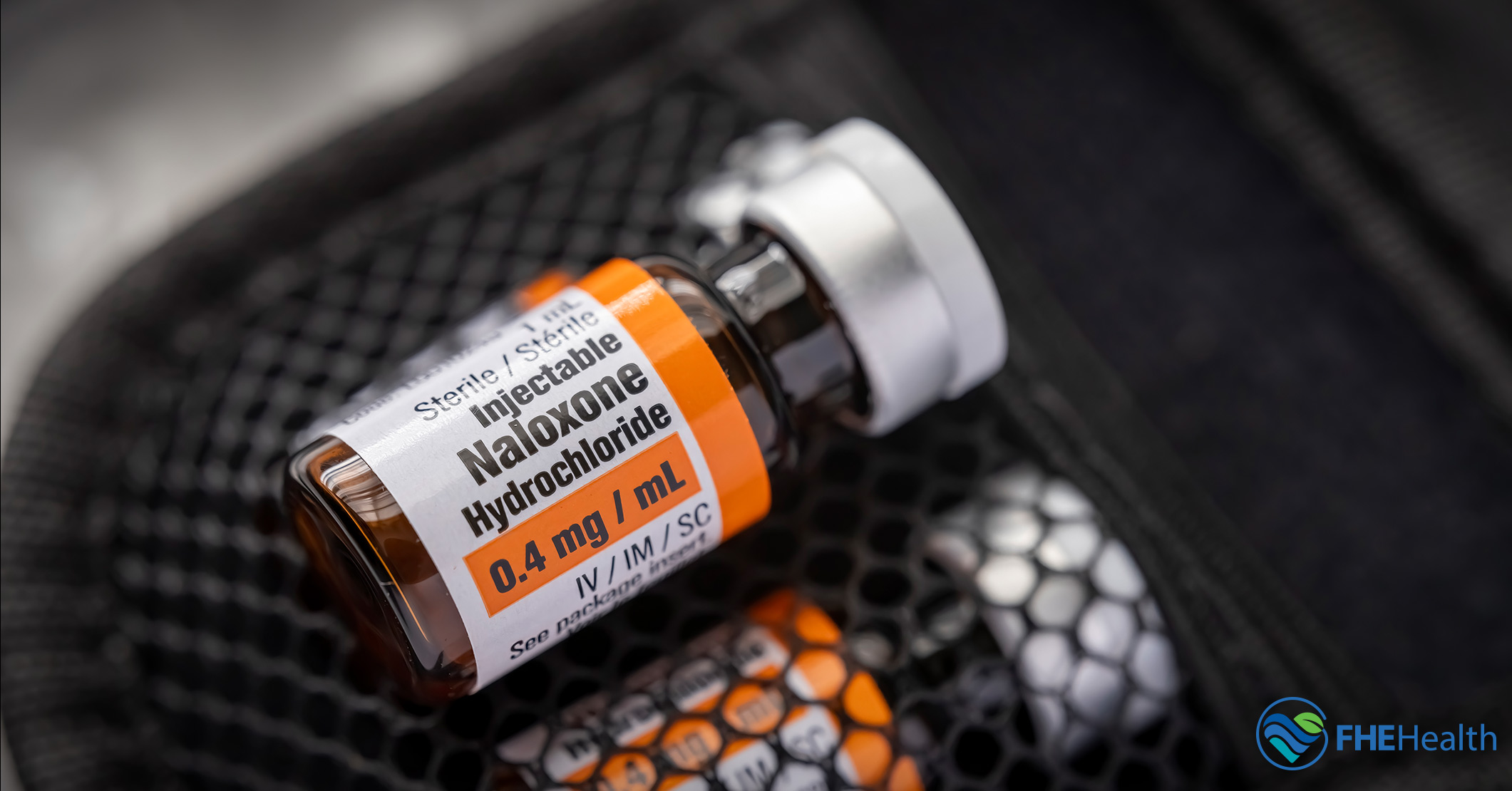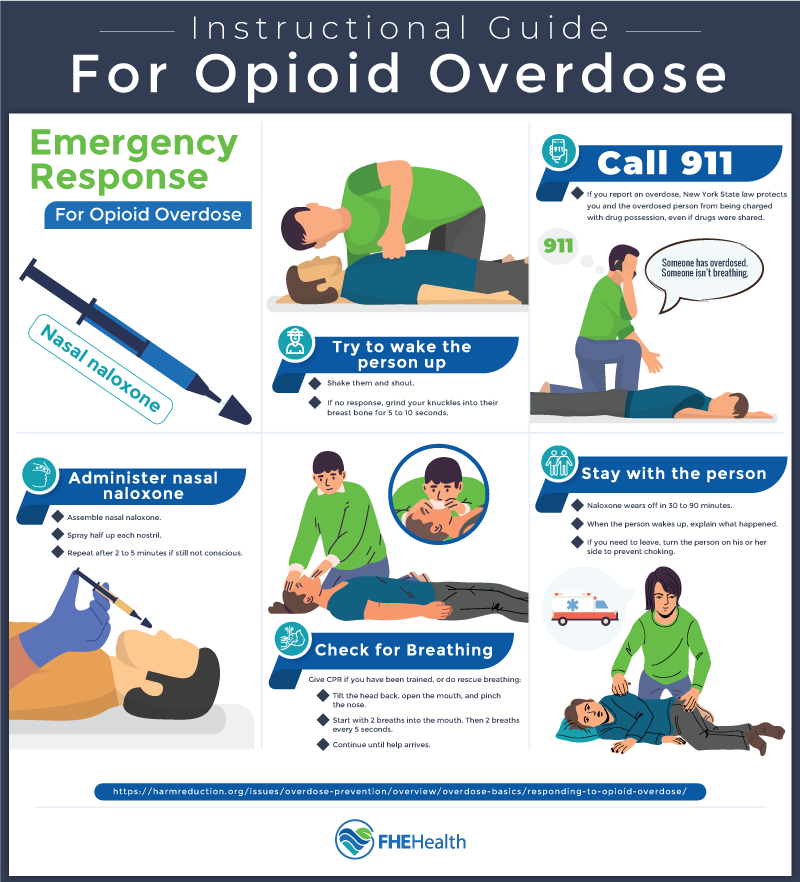
The risk of overdose among people living with a substance use disorder is serious. In 2021, preventable deaths reached an all-time high. Fueling that record were more than 98,000 people who died that year from a drug overdose, representing an overdose death rate of 17 percent. Anyone who abuses drugs or alcohol is at risk for an overdose, which is an emergency medical situation.
Some of the most common drugs of abuse today are extremely potent. Just a slightly more elevated dose than usual can have life-changing–and life-taking–consequences. Drugs like fentanyl, for instance, have found their way into the formulations of other street drugs. The presence of fentanyl can significantly increase the risk of overdose. Taking too much of any illicit or prescription drug can result in an overdose.

How Opioid Overdose Happens
An overdose occurs when the chemical ingested overwhelms the body with its toxicity. The abundance of the drug in the individual’s system can cause short-term and long-term consequences. Although symptoms of overdose can vary, there are some serious side effects like shallow breathing and unresponsiveness that demand immediate medical care.
In the case of opioids, overdose often impacts breathing. This is because opioids target the brain’s reward center which is located near the controls for respiratory function. When the opioids reach the respiratory controls, they will suppress breathing. This can result in slow or shallow breathing. If the overdose causes breathing to stop, death will occur in the absence of life-saving intervention.
Because overdose is common and potentially deadly, many people who abuse drugs or are addicted to them carry an opioid overdose kit. Being prepared with a kit designed to respond to overdose situations can save a life, especially in situations that involve an opioid drug such as heroin, which is associated with the loss of more than 9,000 lives in 2021. With overdose reversal medication, it’s possible to reverse an opioid overdose and save someone’s life.
Overdose Reversal Medication
Today, medical providers have access to medications that can actually reverse an opioid overdose. Overdose reversal medication like naloxone can actually stop an overdose in progress and reverse it. If used in time, this medication can save someone’s life. Naloxone is an opioid agonist. That means that it binds to opioid receptors in the brain where it can block the effects of other opioid drugs like heroin or oxycodone. Opioid overdose kits contain naloxone for its ability to reverse the effects of opioids.
Assessing Personal Risk
Is carrying an overdose kit worthwhile for you? A person who is addicted to drugs and abuses powerful drugs regularly may not be able to use an opioid overdose kit if they overdose. However, they may still wish to carry one in the event that someone else can use it in the event of an overdose. Also, anyone who spends time with other drug users may want to have a kit handy in case someone else needs it.
Consider your circle of acquaintances, where you spend time, and your own personal history when choosing whether or not to carry an opioid overdose kit with you. Take care to evaluate if carrying a kit is potentially useful given your lifestyle.
Also, familiarize yourself with all of the symptoms of overdose, so you can be prepared in the event of an emergency. Common overdose symptoms include:
- Mental confusion or a stupor
- Loss of responsiveness
- Slow or irregular breathing
- Vomiting
- Blue-tinged skin or lips
- Clammy skin
- Reduce body temperature
- Loss of consciousness
- Respiratory arrest
- Impaired mental health
- Coma
Determining if someone is in a coma generally requires clinical evaluation, so if you note these symptoms or suspect someone may be in imminent danger of an opioid overdose and its health consequences, it’s important to administer the overdose reversal kit. Also, don’t rely on the kit alone. If someone is overdosing or has suffered an overdose, it’s important that they get into opioid treatment as soon as possible.






